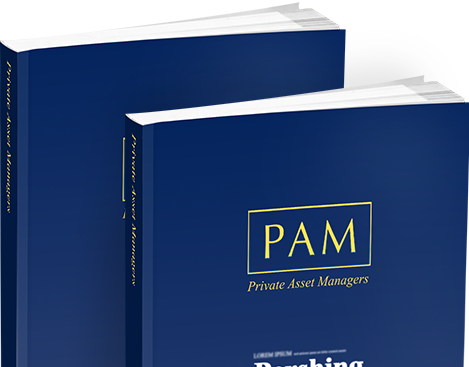There are a number of ways of holding cash. The most obvious is through bank and building society accounts, including online. You should always shop around for the best rate of interest on accounts on a regular and ongoing basis, as they vary over time in their relative attractiveness. Notice accounts obviously tend to offer a higher rate than no notice accounts. Since the 2008 financial crisis, interest rates have remained low. Any increase in the near future is likely to be small, so returns on cash remain negligible.
If you are holding cash for the long term, wealth managers may suggest you consider investing in money market funds in an attempt to enhance your rate of return. Money market funds have largely been the preserve of institutional investors. They are collective investments that invest in short-term debt instruments. They offer benefits of diversification and have daily trading. This allows investors to redeem money without prior notice for withdrawals. They do not, however, offer the same depositor protection as a bank account.
There are two main types of money market funds constant net asset value and accumulating net asset value. In the former, investors receive income on a daily basis. This can be paid out to the investor, or used to buy more units in the fund. In accumulating net asset value "or roll-up" funds, income is not distributed, but the value of the fund shares increase accordingly.
AAA rated money market funds are designed to achieve their primary aim of preserving capital and protecting income, by limiting exposure to shifts in interest rates. Within these criteria, money market funds can invest in certificates of deposit, commercial paper, floating rate notes, repurchase agreements and time deposits.
It is also possible to invest in so-called enhanced cash funds, some of which are not AAA rated. These funds aim to generate a higher return by investing in longer dated paper or by going down the credit rating.
The PAM Directory is a comprehensive guide on comparative data focusing on asset managers, investment managers, private banks, stockbrokers, wealth managers and multi-family offices, who provide discretionary and/or advisory portfolio management services for private clients.
Order Now
Subscribe to PAM to hear about the latest news and promotions
Site Content Copyright PAM Insight Ltd 2016
This option is not available when logged in as a Private Asset Manager.
For registering with PAMonline. You should now receive an email asking you to verify your email address. If you do not receive this email, please call +44 (0)207 967 1601 for assistance.
To reset your password please enter code below.
To restore your password please enter your email below.
To see full information of the Private Asset Managers, plus the opportunity to rate and follow, login or register
For registering with PAMonline.
You should now receive an email asking you to verify your email address.
If you do not receive this email, please call +44 (0)207 967 1601 for assistance.
To return to the Home page, click here
To see full information of the Private Asset Managers,
plus the opportunity to rate and follow, login or register.
Please fill in all the fields.
To activate your account enter valid activation code below.
To resend activation email type in your registered email address below. Or contact the PAM office on +44 (0)20 7967 1608 to get instructions to activate your account.
